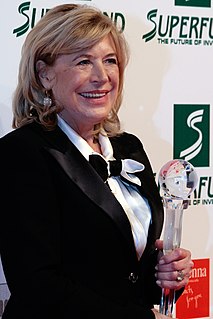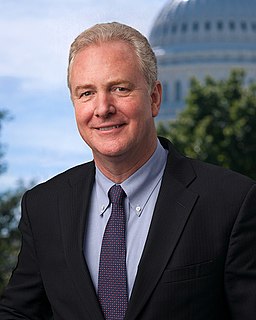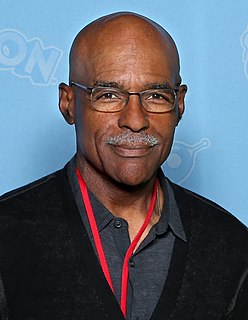A Quote by Ruth Bader Ginsburg
Ever since my colorectal cancer in 1999, I have been followed by the N.I.H. That was very lucky for me because they detected my pancreatic cancer at a very early stage.
Related Quotes
At first, they told me it was just bile-duct cancer, but once they went in, they removed the gallbladder, the head of my pancreas, and a foot-and-a-half of my small intestine, and built me another bile duct and connected it to my stomach. It turned out to be pancreatic cancer, stage two, so, very aggressive.
To be diagnosed with cancer was a frightening thing, and my first reaction was sheer panic, but I was really fortunate that the cancer was caught at such an early stage that I didn't need chemo or radiotherapy. But I know that cancer is a chronic condition, and once you've had it, you're on the list, because it can come back.
I was diagnosed with an early, early stage of prostate cancer. I was almost a vegetarian then. I was heading that direction. What pushed me over the edge, was the doctor who did the diagnosis. He said in a discussion about prostate cancer that he had never seen a vegetarian with prostate cancer. And this is not a holistic doctor, this is a regular, mainstream doctor. And I was just blown away.


































